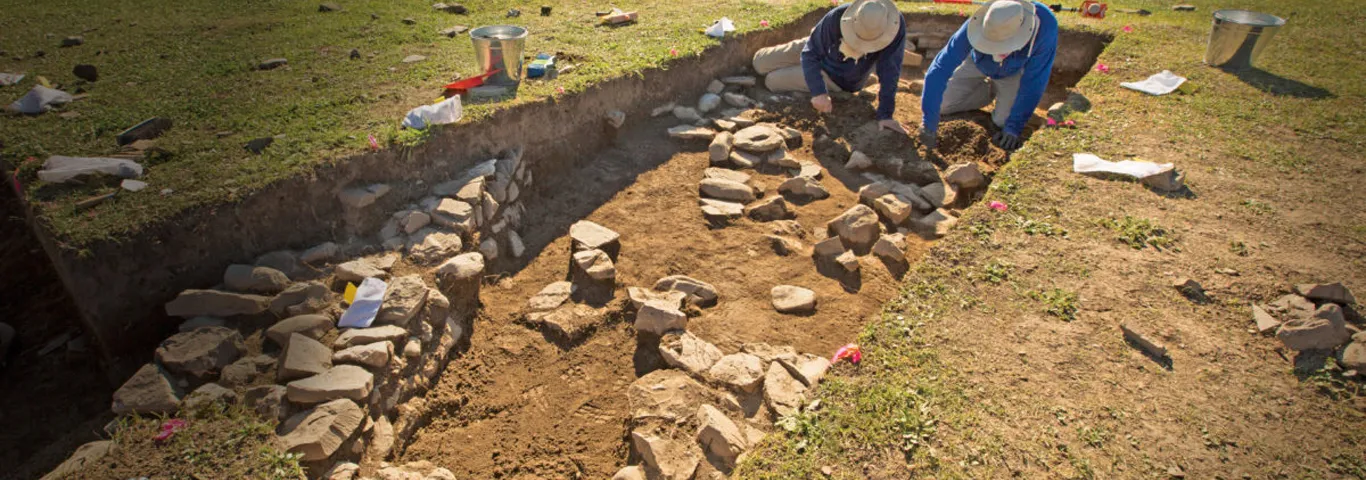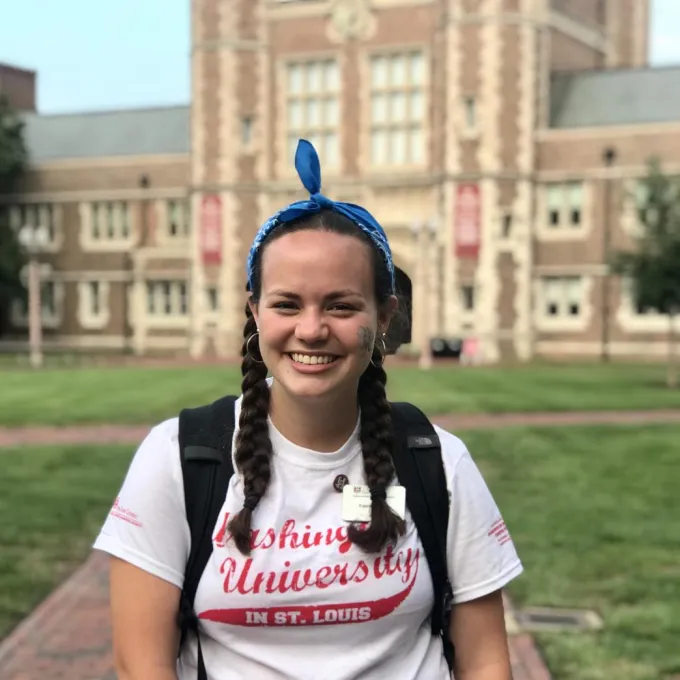The Study of Humanity
Anthropology offers the opportunity to study human existence in the present and the past and to explore how and why humans vary in their behaviors, cultures and biology. Students choose to study anthropology because they want to understand some of the most intriguing and troubling issues faced by modern society: the origin and meaning of ethnic and gender differences; the role of institutions in social, political and economic life; learned vs. innate behavior; the similarities and differences among human societies; and the meaning of religion, community and family.
We offer courses in archaeology, biological anthropology, and sociocultural anthropology. Our faculty are active in research around the world and bring a diversity of experiences to their teaching.
- Faculty research expertise in archaeology includes the origins of food production; the cultures of prehistoric North, Central and South America; African and Central Asian prehistory; environmental archaeology; geographic information systems (GIS).
- Biological anthropology faculty focus on the evolution of humans and on the ecology, behavior and evolution of nonhuman primates.
- Sociocultural faculty conduct research on a wide range of topics, including states, societies and beliefs; political ecology, demography, fertility and population; sociolinguistics; medical anthropology and public health; bodies, gender and sexuality; science and technology, mind and cognition; and religion and politics.





